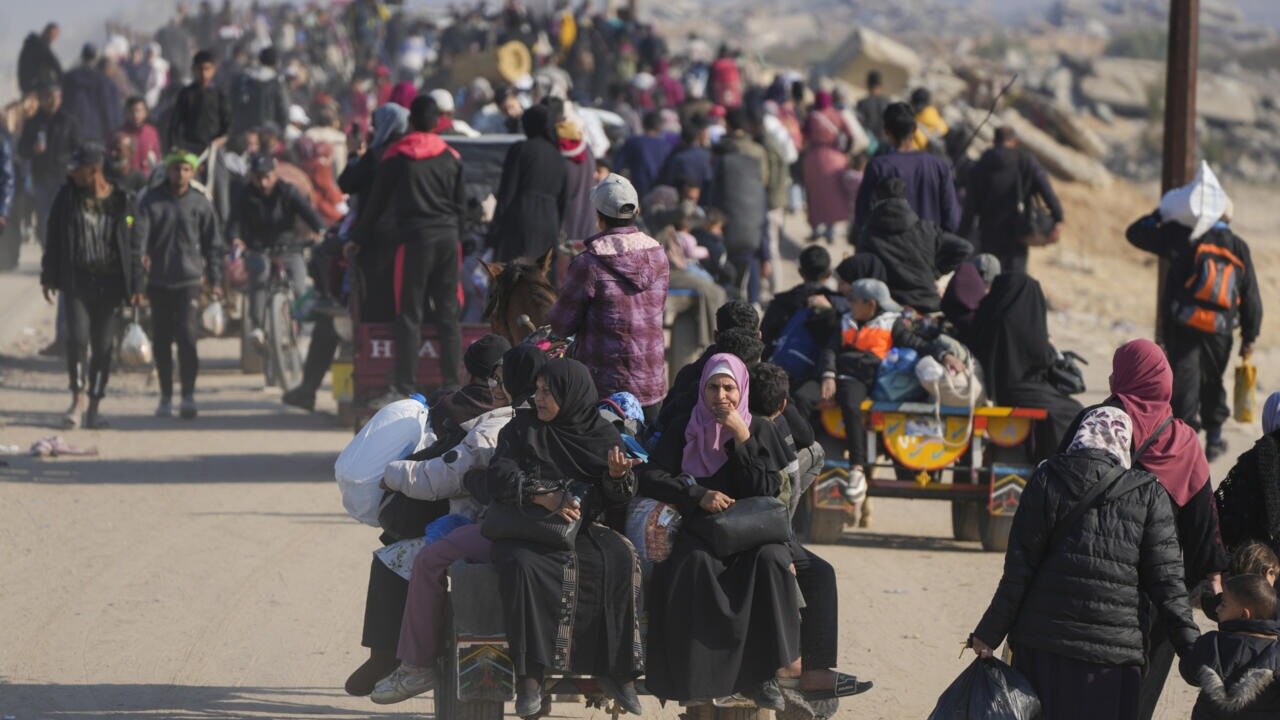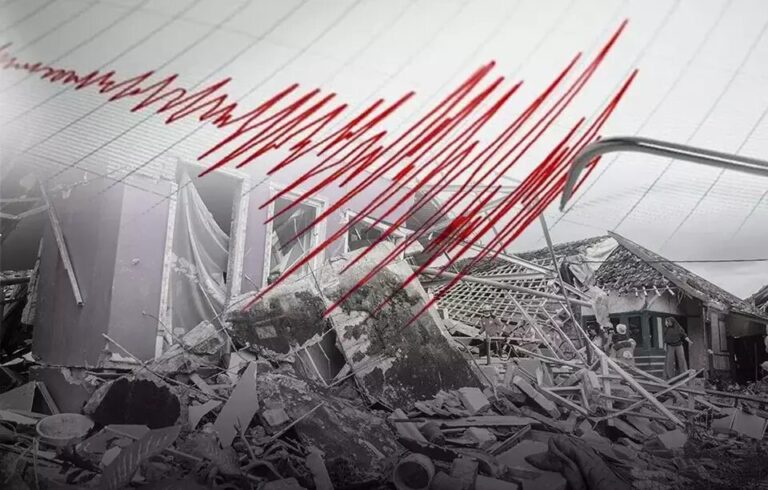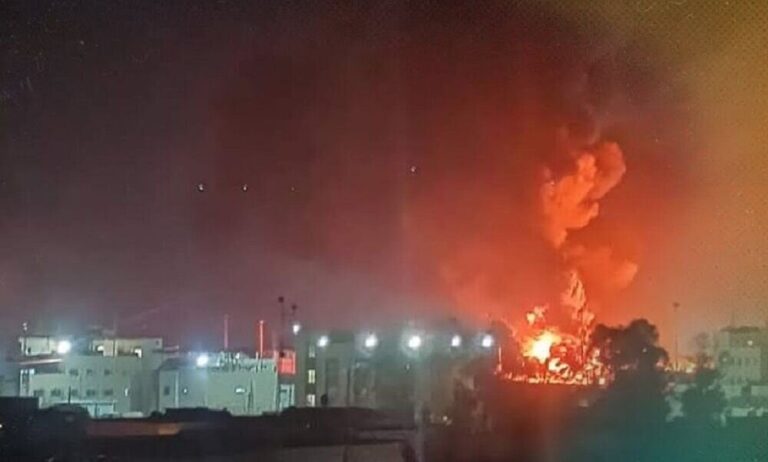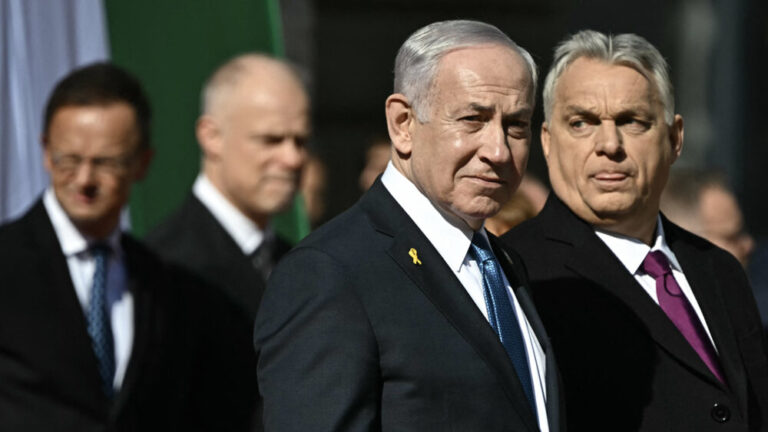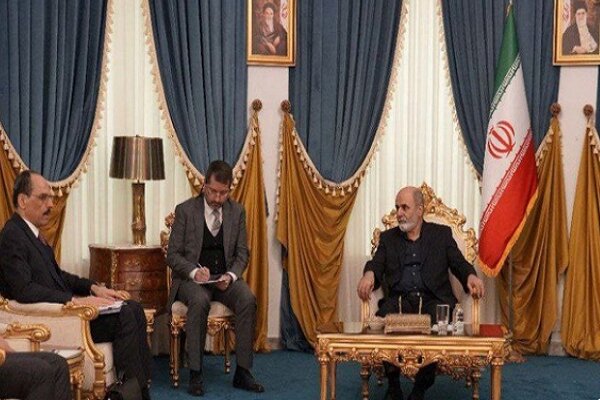Trump Unveils Bold Strategy for Gaza: A Game-Changer in Middle East Politics
In a recent escalation of tensions surrounding the Gaza Strip, President Donald Trump has reaffirmed his controversial proposal to take control of the region, following a meeting with Israeli Prime Minister Benjamin Netanyahu at the White House. Trump’s remarks have ignited widespread condemnation and fears of further conflict in the area.
During a meeting with King Abdullah of Jordan, Trump stated, “We’re going to take it. We’re going to hold it,” highlighting his commitment to his plan. This statement has raised concerns over the future of the Palestinian people residing in Gaza.
When questioned about the possibility of purchasing Gaza, Trump dismissed the idea, emphasizing, “We’re not going to buy. There’s nothing to buy. We will have Gaza. No reason to buy. It’s Gaza. It’s a war-torn area.” This comment reflects Trump’s real estate background and his transactional perspective on international issues.
Trump first unveiled his contentious proposal during a joint press conference with Netanyahu on February 4, asserting that “the US will take over the Gaza Strip and we will do a job with it too.” His intentions to control Gaza have drawn sharp criticism from various quarters, particularly from Palestinian leaders and neighboring Arab states.
Key points regarding Trump’s Gaza proposal include:
- Pressure on Palestinians to leave the territory.
- Efforts to convince Jordan and Egypt to accept displaced Palestinians.
- Strong opposition from both Jordan and Egypt against the forced removal of Palestinians.
King Abdullah of Jordan firmly rejected Trump’s plan, stating that Jordan remains opposed to any strategy aimed at displacing Palestinians. This sentiment is echoed by the Palestinian community, who view Trump’s proposal as a “declaration of war aimed at uprooting our people from the Gaza Strip.”
In response to Trump’s intentions, Egypt has also expressed its refusal to absorb Palestinians from Gaza. According to two Egyptian security sources, President Abdel Fattah el-Sisi will not attend talks in the US if the agenda includes discussions on displacing Palestinians. This refusal signals a united front among Arab nations in opposition to Trump’s plans.
Hamas, the governing body in Gaza, praised the positions taken by both Cairo and Amman, stating, “We appreciate the positions of our Arab brothers and all countries of the world that expressed their rejection of plans to displace our people or liquidate their national rights.” Hamas reaffirmed their commitment to their homeland, insisting that they will not accept any proposed solutions that undermine their rights to freedom and independence.
The Palestinian National and Islamic Forces in Gaza have also condemned Trump’s proposition, labeling it as “a declaration of war aimed at uprooting our people from the Gaza Strip.” They articulated that the enemy’s attempts to achieve displacement through military aggression or political pressure will be met with robust resistance.
International reactions to Trump’s proposal have been overwhelmingly negative. China has voiced its opposition, with Foreign Ministry spokesman Guo Jiakun stating, “Gaza belongs to the Palestinians and is an integral part of the Palestinian territory. We oppose the forced displacement of the people of Gaza.” This opposition highlights the global concern regarding the humanitarian implications of Trump’s plans.
The backdrop to this political turmoil is the ongoing conflict in Gaza, where nearly 62,000 Palestinians have lost their lives due to the Israeli military operations that began in October 2023. Although a ceasefire was reached last month, there are growing fears that Trump’s actions may undermine the fragile peace established between Israel and Hamas.
The ceasefire, which took effect on January 19, was brokered with the intention of de-escalating violence and addressing humanitarian needs. However, Trump’s recent statements suggest a possible disregard for the truce, as he continues to advocate for his plan to assert control over Gaza.
Despite the tragic loss of life and the humanitarian crisis resulting from the conflict, Trump’s proposed approach has been labeled as aggressive and dismissive of the international community’s concerns. Many Palestinian leaders and supporters have articulated their determination to resist any attempts to displace them, vowing to stand firm against what they perceive as bullying tactics.
In conclusion, Trump’s proposal regarding the Gaza Strip has sparked significant backlash from Palestinian leaders, neighboring countries, and the international community. As tensions continue to rise, the future of Gaza remains uncertain, and the resilience of its people is being tested like never before.
